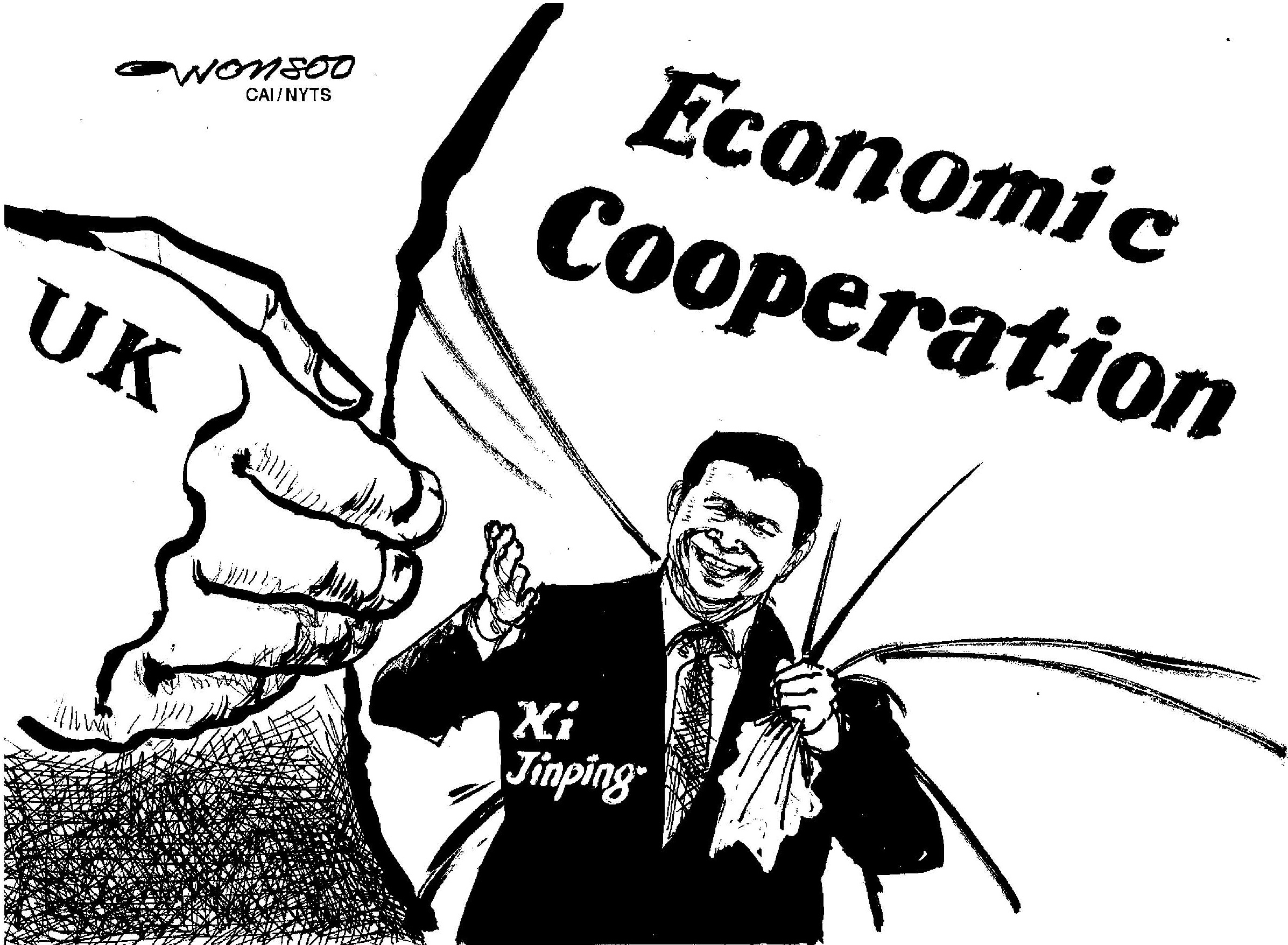Pundits of all stripes in the United Kingdom have worked themselves into a lather over the announcement of old news that China would invest in a U.K. nuclear power plant that is due to begin producing electricity in 2025. In a visit to China last month, Chancellor George Osborne made a strategic investment agreement with Beijing for two additional nuclear power plants.
The news has been dramatized in the media, which see the danger of China's spy agencies taking control of or damaging the operating nuclear power plant during some sort of crisis. This produced the unusual event of GCHQ, Britain's cyber-espionage agency, saying to the press in response recently that it had a role in monitoring cybersecurity aspects of the country's critical infrastructure. U.K. security agencies are genuinely concerned.
Throughout Asia, and in the United States, the military strategic implications of China's expanding global investment portfolio have been a concern for some time, as the debate over Huawei investment in the United States and Australia shows. Yet BT (British Telecom) is one of Huawei's best customers and it describes the Chinese firm as a trusted supplier of multibillion pound contracts. In 2013, the U.K. government appears to have conceded that it did not give due security consideration to the 2005 contract with Huawei.



